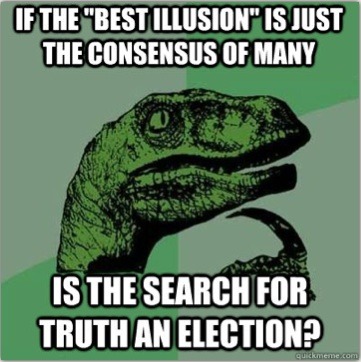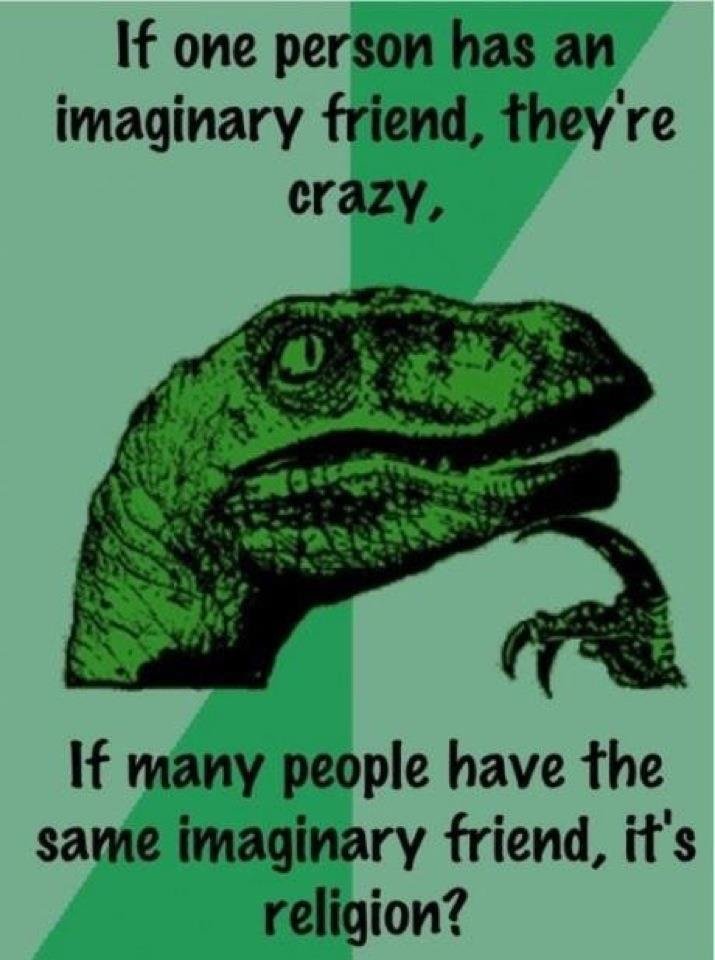Blog 6: Third Force Psychology
A reaction to the Third Force Psychology movement. For better or worse, what modern individuals (excluding psychologists), or contemporary movements & trends best illustrate the spirit of Third Force Psychology for you?
I am not sure if this seems applicable to anyone else, but something that resonates with me in connection with third force psychology is home-schooling. Mostly this is connected with the self-actualization aspects of the humanistic mindset. I personally was home schooled elementary school and some of high school, and my only experience with “real” or “standardized” schooling was in middle school and college. I firmly believe that I would be less driven to success as an individual and to discovering and fulfilling my true potential if I had not been homeschooled. In a similar manner to humanistic theory, my parents strove to encourage my individuality and creativity with unconditional positive regard. I am different than my siblings, even though we have a lot in common, and we all felt that we had the opportunity to discover ourselves and be “the best you you can be”. I was able to forge ahead in areas that I grasped quickly and spend time focusing on things that took me longer. My family was a place of support and guidance, but not control or demands.
I see this as connecting with third force psychology’s main spirit of allowing the individual to flourish in whatever unique way is healthiest for them.








MaryLynn Kemp on Third Force Psychology
11:18 pm, 04.23.13
I liked what you said about third force psychology bringing back the emphasis on the beauty of life. Many of the theories seemed so manipulative, like the counselor is on some authoritative pedestal and sees all, knows all! But I don’t want that kind of pressure or that kind of authority, and the team-work/support/journeying alongside kind of structure seems much more healthy for both the therapist and the client. This theory definitely seems more adaptable than most.
MaryLynn Kemp on Blog post number 6
11:15 pm, 04.23.13
I really enjoyed what you had to say about parenting.
I am glad I’m not the only one that feels that way – I feel like such an idealist sometimes!
I definitely agree with the desire to let kids become whoever they were meant to be, and share the question of whether or not that is ever possible. I feel that we are so shaped by outside events, expectations, and influences that we are in fact incapable of escaping the effects those things have on us.
But the great thing about unconditional positive regard is that it supports in an even, unbiased (as much as possible!) way. I think the humanistic/third force method of psychology is what is healthiest for people with self-image or self-esteem problems… And let’s be honest – isn’t that all of us?
MaryLynn Kemp on Behaviorism
11:16 pm, 04.03.13
I think it is really interesting how culture has trained us to view the world as if these impossibly ridiculous things aren’t stupid! I’m not saying we think commercials are documentaries, but the more we see them the less we realize how incredibly fake they are, and the more we are duped by them into buying things we would not otherwise want. Brainwashing, one thirty-second interruption of the superbowl at a time!
MaryLynn Kemp on Blog 4: Behaviorism
11:14 pm, 04.03.13
I like that you brought in potty training as a real-life example of behaviorism in our everyday lives.. Not just something that makes pigeons turn in circles, but something that can actually be used to make people’s lives better. I think it’s fascinating that behaviorism is one of the few types of therapy that can be just as useful in the lives of healthy people as for those in need of therapy.
MaryLynn Kemp on Blog three evolutionary psychology
11:49 pm, 03.05.13
I think it’s really great that we are taking time to recognize the flaws in regards to explaining the behavior of specific individuals using evolution. Any one of us, or even any huge group of us, could be mess-ups, outliers, with traits that do not fit with evolutionary explanations of behavior. Does that mean the evolutionary explanation of our psychology is wrong, or just inadequate as a standard for how life SHOULD be? Well that’s a personal choice. 🙂 Yay individuality!
MaryLynn Kemp on Blog 3
11:44 pm, 03.05.13
I definitely can relate to that desire for more proof, more verifiable facts… But now it is MY turn to play devil’s advocate – I think that there is a lot more proof for evolutionary explanations of those kinds of things than there is for any other explanation that I’ve ever heard. It’s like when people doubt the existence of Jesus Christ – there are more writings about Him and more evidence of His existence than of most of the Caesars, but no one doubts their existence.
SO I guess all that to say – don’t discount things just because the proof is hard to find, especially if there isn’t a viable alternative explanation.
MaryLynn Kemp on Blog #2: Greek Influence
12:01 am, 01.31.13
I think it’s really interesting how the view of valour and bravery as central values has shaped our definition of “what a man should be” today. I definitely have seen the negative impacts when society defines a man as different than the actual men who live in society.
MaryLynn Kemp on Blog #2- Greek Culture
11:59 pm, 01.30.13
I love the use of Hercules, which I find a humorous commentary on how Greek culture influences modern entertainment and also on how Hollywood modifies our understandings of history to fit their definitions of entertainment.
MaryLynn Kemp on Blog One: The Good Life
1:07 am, 01.22.13
Hey Lyndi, I’m glad I wasn’t the only person who used relationship with God as a main characteristic of the ‘good life’. I really like the faith and trust you express in God’s leading – to want what He wants and be willing to let that be enough. Of course, this is a great maxim and generalization, but it can be so incredibly difficult to apply to real life situations! I think it would be interesting to talk with you about specific instances in your life when you lived this out, because I’m a firm believer that sharing personal experiences is a really good way to communicate thoughts and ideas.
Edit: Once again, I thought this went through the other day – I was out of town this weekend and apparently the internet access I had was even worse than I thought it was.
MaryLynn Kemp on Blog 1: The Good Life
1:02 am, 01.22.13
I love when people are able to respectfully value other people’s opinions, while acknowledging differences. Raymond, I really like that you value family and friends – I feel like so few people do in our society anymore. Personally, I believe that Family is not just those who are physically related to me, but also those who I choose as my family, the close friends that I have committed to a level of emotional connection and intimacy with that is of equal intensity as with my family. However, I also see the church as a whole as a family, of sorts – which can often highlight the conflicts and differences between members of a family!
Edit: I thought I posted this comment over the weekend, but it appears that my internet at the place I was staying this past weekend was faulty, and told me I had posted it when really I had not. Sorry about that.